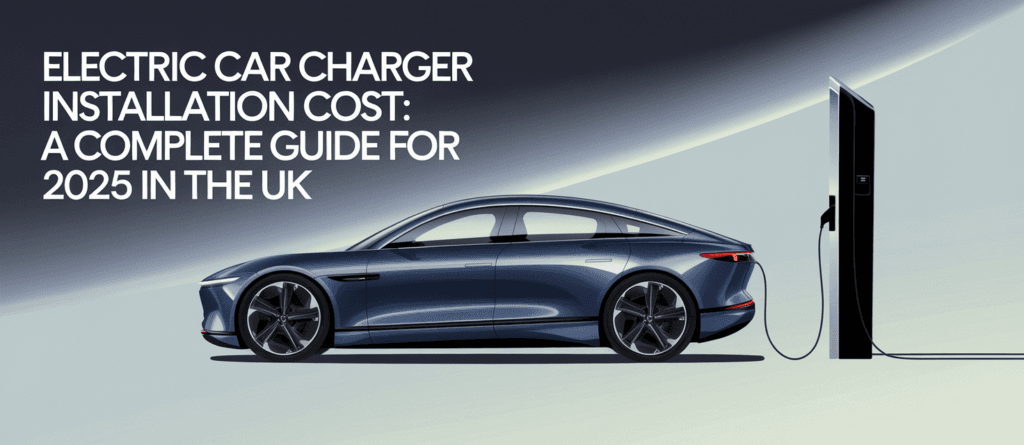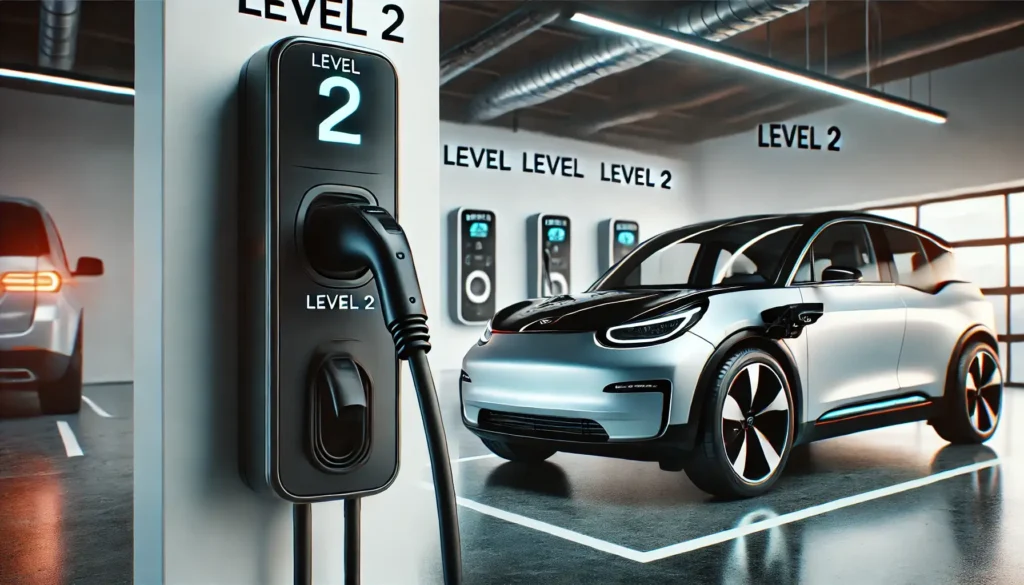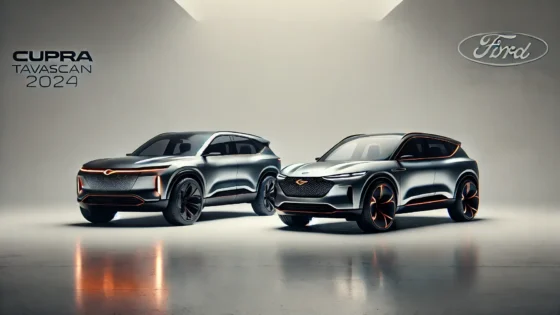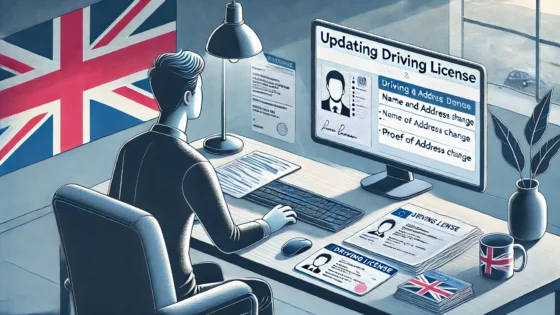
Ultimate guide to Electric Car Charger Installation Cost
Thinking about making the switch to electric but not sure how much it’s going to cost to install an electric car charger in the UK in 2025? You’re not alone. One of the challenges for most prospective EV owners is the cost, time, and inconvenience of establishing a new reliable charging solution at home.
This guide will help you navigate the costs of EV charger installations, including average costs for equipment and labor, location, and type of installation.
Expect to discover:
- Government grants for EV charger installation that can ease the financial burdens
- Clever ways to consider the various charger types and installation strategies.
- An summary of advanced features and technologies you can use to upgrade your in-home charging experience
Be prepared to make an informed decision with confidence when it comes to your EV charging needs!
Summary of System Installation Costs
When it comes to electric car charger installation, it is important to know about the standard costs. In the UK, EV charger installation costs typically range from £600 to £1,500 but vary based on the complexity of installation and type of charger.
Typical Expenses
Home charging units: Cost varies depending on the basic model you wish to invest in, with a basic part costing around £400, while some premium or faster models go for over £1,000
Installation costs: Expect to pay labour fees in the region of £200 to £800 for a qualified EV charge point installer, depending on your location and local rates.
Additional Materials: Materials such as cables, mounting hardware, and circuit breakers typically cost £50 to £200 depending on existing infrastructure.
Factors Influencing Costs
Type of Charger: Level 2 chargers cost more but may provide you with faster charging speeds.
Location: The distance to the main electrical supply and whether off-street parking is available can greatly affect installation costs.
Additional Upgrades: Making sure your home will be ready for updates to your domestic electrical system is critical; older homes may require extra work to accommodate a new charger.
This knowledge is crucial to assessing your average installation cost and properly budgeting.
Components That Influence Installation Costs
There are a number of factors that can affect electric car charger installation costs. Knowing these things will help you budget accordingly when installing your home EV charger.
Type of Charger
The type of charger you use — whether a standard charger, a Level 2 or a more advanced Level 3 fast charger — makes a big difference to costs. Level 3 chargers are fast but expensive to install because of their electrical demands.
Location
The location of your home makes a big difference. If you have off-street parking, that could make installation easier and less costly. Houses that do not have direct access, on the other hand, might come with additional wiring needs, increasing both labor and material costs.
↑ Existing Electrical Infrastructure
Analyze your Current Electrical System: An old consumer unit, or electric supply, may also need an upgrade; this adds to the overall cost.
Labor Costs
Local installers’ pricing is often variable. Some areas will have more competitive rates than others, which means getting quotes from several EV charge point installers is a smart move.
By carefully considering these factors, you can make more informed decisions that can help lower the overall installation costs.
Government Grants and Financial Assistance
Cost of installing an electric vehicle (EV) charger may sound alarming but you can benefit from various government grants and financial assistance programs to lessen the burden. In the UK, one of the most significant schemes is the Home Charge Scheme, which provides grants to cover up to 75% of the total cost of installation, with a maximum grant of £350 per charger. This is offered to people and businesses that meet specific eligibility requirements.
Available Grants
Workplace Charging Scheme (WCS): The WCS gives up to £350 per socket to businesses that install EV chargers, meaning it’s easier than ever to encourage employees to make the move to electric.
Plug-in Vehicle Grant: This will primarily apply to the vehicle purchase, but increasing affordability could indirectly affect charger choices.
Local Authority Initiatives: Some local councils provide extra financial support or incentives for residential EV charger installations, so it can be worth checking with your local authority to see if there are any additional perks.
These grants not only help users reduce initial costs, but also support the mass adoption of electric vehicles, promoting the shift towards sustainable transportation. The information is critical for you to stay current on eligibility rules to maximize potential benefit programs you can use.

Choosing the Right EV Charger
The right EV charger can help maximize the convenience and efficiency of your home electric vehicle charging setup. Here are a few factors to keep in mind:
Charger Type
Level 1 Chargers: Great for low daily mileage. They connect to a standard outlet and take longer (2-5 miles of range per hour).
Level 2 Chargers: Best for most households. They need to have a 240-volt outlet, which makes for faster charging (10-60 miles of range per hour). Well suited to overnight charging and largely more favored for home installations.
Is it Compatible with Your Vehicle:
Make sure your charger is compatible with your EV model. Most contemporary chargers will be compatible with a number of different makes and models, but still worth double checking the specifications.
Charging Speed
The speed of charging depends on the charger type. Think about how you charge on a daily basis and whether faster charging functionality is something you would utilize.
Smart Features
Where applicable, seek chargers with smart tech for dynamic load balancing, energy monitoring and solar panel integration. Such features help you to improve your charging process and electricity distribution.
Ultimately, going through this checklist, evaluating your personal needs should point you to the right type of charger, giving you a smooth EV experience.
Labor costs vs DIY instalment
Most homeowners deliberating over installing an electric car charger want to know the costs to instal an electric car charger yourself vs hire a professional. Each has its own strengths and weaknesses.
Pros of Hiring a Professional
Professional: Ensure proper installation, following safety standards and local regulations.
Time-Efficient: An installer can usually accomplish the task in a matter of hours.
Installers Will Be Insured and Warranted — Many Installers THAT Will Warranty Their Work
Yet to have an expert do it will cost between £300 and £1,000 in fees depending on the complexity and your location, which is a big upfront investment.
Pros of DIY Installation
Cost: By doing the labor yourself, you can minimize costs to around £200 on materials.
Lesson learned: Installing solar panels yourself helps you get to know your home’s electrical system.
While these benefits are good, DIY can be dangerous if you have little electrical experience. Faulty installation could cause expensive repairs or safety risks.
Understandably, a do-it-yourself option may save you a little dough, but investing in a professional installer can offer the reassurance of expertise and a safe, code-compliant electric car charger installation. Pick the option you are most comfortable with, depending on your electrical knowledge.
Ongoing Costs After Installation
Yet to have an expert do it will cost between £300 and £1,000 in fees depending on the complexity and your location, which is a big upfront investment.
Pros of DIY Installation
Cost: By doing the labor yourself, you can minimize costs to around £200 on materials.
Lesson learned: Installing solar panels yourself helps you get to know your home’s electrical system.
While these benefits are good, DIY can be dangerous if you have little electrical experience. Faulty installation could cause expensive repairs or safety risks.
Understandably, a do-it-yourself option may save you a little dough, but investing in a professional installer can offer the reassurance of expertise and a safe, code-compliant electric car charger installation. Pick the option you are most comfortable with, depending on your electrical knowledge.



